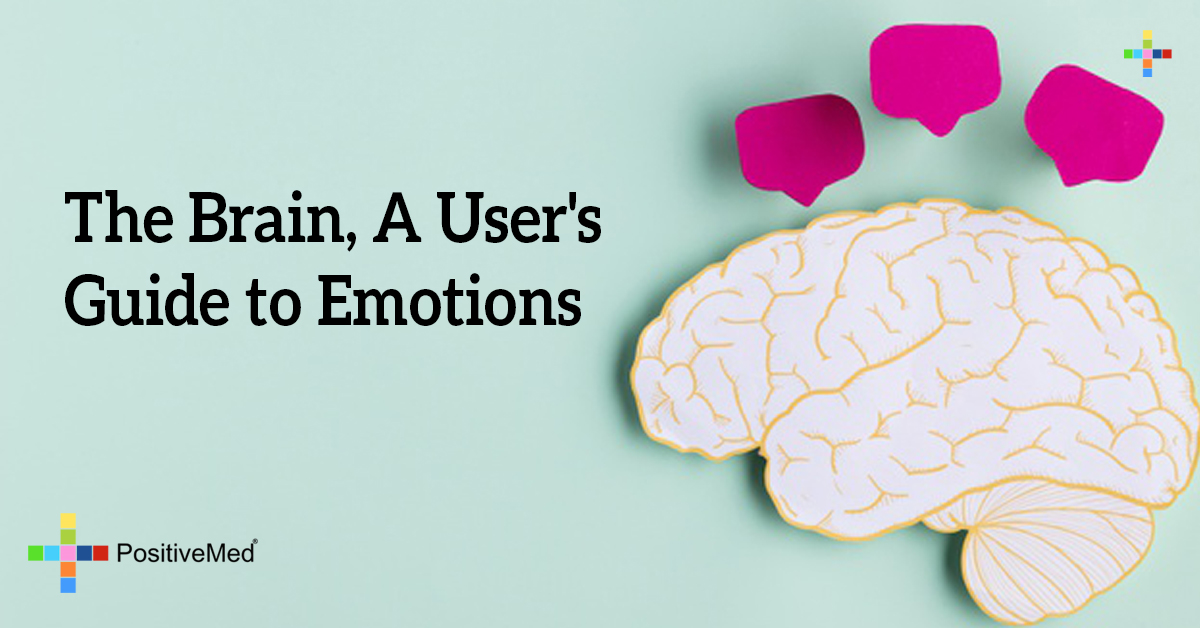

- Which part of the brain controls emotion how to#
- Which part of the brain controls emotion professional#
When it comes to the brain, executive functioning improvement can be done by a professional coach.


However, in this blog, we will be covering specifically, executive functions coaching. There are different approaches to training e xecutive functions in the brain.
Which part of the brain controls emotion how to#
Now that we’ve learned the main areas of executive functions in the brain, let’s cover how we can improve them Executive Functions in the Brain: How to Improve Them Fortunately, no matter how much someone has poor executive functioning in the brain, it can alway be improved by training with an executive functions coach. Additionally, many aren’t aware of these functions, how they work, or of how enhancing them can transform their life completely. However, those with brain executive functioning disorders have one or more deficits in an executive functioning part of the brain. Your executive function skills would tell you to prioritize finishing your project to avoid emotional distress. For example, you have an assignment due tomorrow but are tempted to watch your favorite show. Inhibitory control is responsible for keeping us focused and avoiding distractions. Cognitive flexibility is used when our brain views scenarios and settings in different ways. Working memory is the skill of retaining information then putting it into proper use. Let’s take a look at the three main areas of executive functioning of the brain : working memory, cognitive flexibility, and inhibitory control. Our e xecutive functions in the brain are always in use for any situation we’re faced with. Executive Functions in the Brain: The Three Main Areas Improving executive functions in the brain begins with understanding the three main areas of executive functions. Thus, in the brain, executive functioning disorders can always be improved on. However, the important thing to remember is that our brains are constantly evolving and adapting to experiences in life. For instance, often forgetting appointments, struggling to manage relationships, or trouble with scheduling their month. Many adults suffer from poor executive functioning in the brain as well. Likewise, it is common for those with executive function deficits to also struggle with mental health disorders such as depression or anxiety. Emotional difficulties may be inability to control negative emotions or appropriate responses. In students, executive functions in the brain may need improvement if they can’t make a schedule, turn in homework, or concentrate on tests. Having a hard time staying on task, managing tasks, or your motions, can be indicators of executive functioning disorders. We can then understand how our actions connect to these parts of our brain. When it comes to improving executive functions in the brain, the first step is to recognize the signs of poor executive functioning in the brain. Now knowing these behaviors, how else can we be more aware of executive functions in the brain ? Executive Functions in the Brain: Recognizing Poor Executive Functions When a friend reveals happy news to you, you may go silent, feel aggressive, or walk out of the room. You’d probably leave your project until the last minute or not complete it, avoiding turning it in at all. If we look back on the examples earlier, instead performed with executive function deficits, you’d likely do the opposite behavior. Struggling with your cognitive behavior towards situations or with your emotions in life can be signs of poor executive functioning in the brain. However, while it may seem like the brain can perfectly execute these responses, many people actually have executive functioning disorders. If someone says to you they received a promotion, your executive functions would likely tell you to exude, “Congratulations!” and a happy reaction. Another instance of how our executive functions in the brain work could be how you react during a conversation with a colleague.


 0 kommentar(er)
0 kommentar(er)
